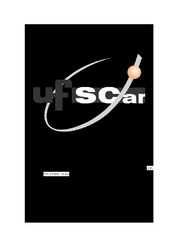Influência das etiquetas eletrônicas de tecnologia RFID na análise comportamental de abelhas sem ferrão Melipona quadrifasciata (Lepeletier, 1836) contaminadas com imidacloprido
Resumen
In order to elucidate questions about the potential of technological monitoring of native bees, the influence of electronic RFID technology tags was analyzed in relation to the behavior of stingless bees of the species Melipona quadrifasciata exposed to neonicotinoid imidacloprid, in a laboratory approach. The concentration of imidacloprid used in the bioassays after fixing the tags was selected according to the concentrations identified in the nectar of plants pollinated by the species (10 ppb; Sigma-Aldrich, CAS Number: 138261-41-3, purity > 99%). Recording of the individuals was carried out in locomotion arenas with vertical positioning, for the evaluation of the flight activity and the mobility of the bees, together with the purpose of analyzing the behavior in the presence of a superior light stimulus and an attractive food. With the help of EthoVision XT software, data integration and automation of behavioral experiments with bees were observed, and the results obtained during the experiment showed that electronic tags did not interfere with food consumption patterns and bees survival during the period of 48 hours of exposure. However, data from behavioral analysis showed that electronic tags have an influence on mobility in groups associated with the pesticide imidacloprid, which may indicate a relationship between the stress caused by the weight of the tags and the possible effects of the sublethal dose of neonicotinoid. Due to the sensitive nature of this technology, it is not yet possible to provide specific details on how the tags can be improved, but it is hoped that the data collected through this study will contribute to the optimization and understanding of RFID technology for future behavioral research.
Colecciones
El ítem tiene asociados los siguientes ficheros de licencia:

